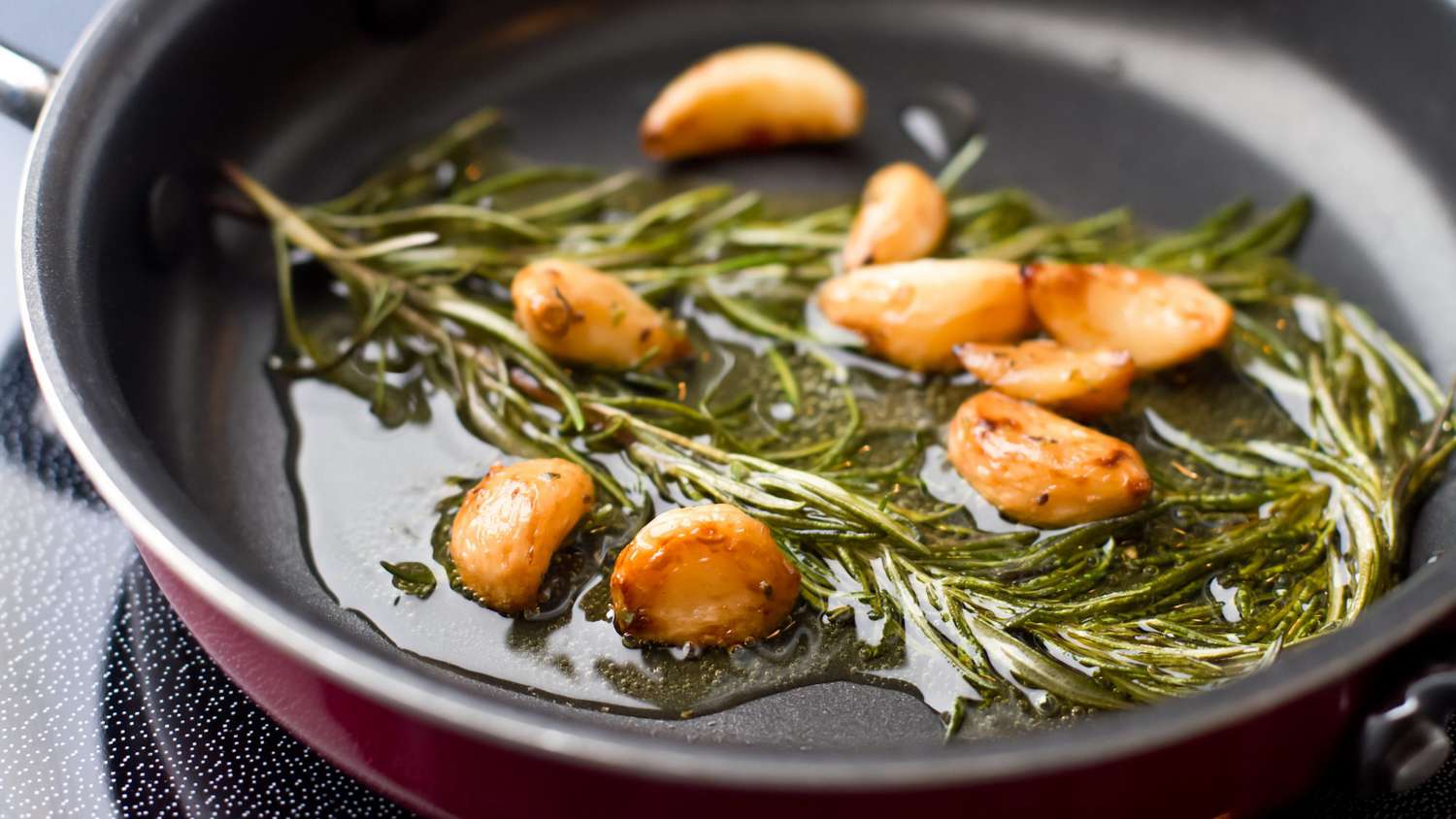Keeping your kitchen's stone floors looking their best can be a challenging task. Whether you're a homeowner or a kitchen professional, this guide will provide you with all the secrets you need to maintain the luster of these elegant surfaces. From everyday cleaning hacks to deep cleaning tips, we cover it all.

Why Cleaning Stone Floors Requires Special Care
First, it's essential to understand that stone floors are different from other types of flooring. Whether you have granite, marble, or slate in your kitchen, each type of stone has unique characteristics that require specialized cleaning methods. Improper cleaning can easily damage these surfaces, making it imperative to use the correct products and techniques.

Types of Stone Flooring in Kitchens
Marble
Marble is one of the most elegant stone flooring options available. However, it is also quite porous and can stain easily if not properly maintained.
Granite
Granite is incredibly durable and less porous than marble, but it still needs regular maintenance to prevent staining and etching.
Slate
Slate offers a rustic and natural look but is also highly susceptible to chipping and cracking if not handled properly.
Limestone
Limestone presents a softer, more porous surface, making it prone to scratches and stains if not cared for correctly.

Daily Cleaning Tips
For everyday maintenance, focus on sweeping and dusting your stone floors to remove dirt and debris that can cause scratches. Using a soft-bristle broom or a microfiber mop is highly recommended.

Weekly and Monthly Cleaning Tips
Weekly Cleaning
For weekly cleaning, a pH-neutral cleaner will be your best friend. These cleaners are formulated to clean effectively without harming the stone surfaces. It's also crucial to avoid using vinegar or other acidic cleaners, as they can cause etching.
Monthly Cleaning
On a monthly basis, consider doing a deeper clean using a specialized stone floor cleaner. You can also use a steam mop, but ensure it is safe for use on your specific type of stone.
Deep Cleaning and Stain Removal
Dealing with Stains
When it comes to stain removal, it's essential to act quickly. For organic stains like coffee or wine, a poultice made from baking soda and water can be effective. Apply the mixture to the stain, cover it with plastic wrap, and let it sit for 24 hours before wiping it away.
Removing Grease
For grease stains, try using a mixture of cornstarch and water to absorb the grease. Afterwards, clean the area with a pH-neutral cleaner.
Sealing Your Stone Floors
One important aspect of maintaining stone floors is sealing them. Depending on the type of stone, you may need to reapply sealant every 6 to 12 months. A high-quality stone sealant will protect the floors from stains and scratches.
Products to Avoid
- Avoid using acidic cleaners like vinegar and lemon juice.
- Do not use abrasive cleaners or scrubbers that can scratch the surface.
- Stay away from ammonia-based cleaners.
Recommended Products
- StoneTech Stone & Tile Cleaner
- Granite Gold Stone & Tile Floor Cleaner
- Weiman Granite Cleaner and Polish
- WikiHow: Clean a Kitchen
FAQs
What is the best cleaner for stone floors in the kitchen?
The best cleaner is a pH-neutral cleaner specifically designed for stone floors. Avoid acidic or abrasive cleaners. Learn more.
How often should I seal my stone floors?
It is generally recommended to seal stone floors every 6 to 12 months, but this can vary based on the type of stone and the amount of foot traffic. Read more.
Can I use a steam mop on stone floors?
Yes, but make sure the stone type is safe for steam cleaning. Always check the manufacturer's guidelines. More tips.
As an Amazon Associate, I earn from qualifying purchases.




Leave a comment
This site is protected by hCaptcha and the hCaptcha Privacy Policy and Terms of Service apply.